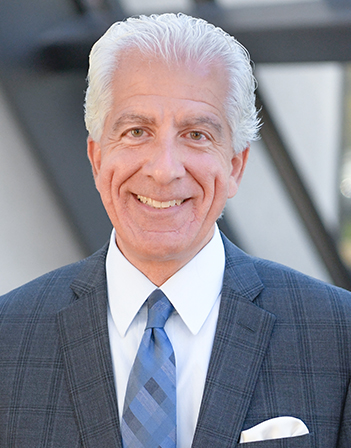
Article
Better Latte Than Never: Federal Court Restricts Agency Authority in Starbucks v. NLRB
In a precedent-setting decision issued last month, the Third Circuit Court of Appeals – the federal appellate court for New Jersey, Pennsylvania, Delaware, and the Virgin Islands – ruled that the only remedies available for workers bringing suit under the National Labor Relations Act (NLRA) involve reinstatement and backpay.
Two baristas in Philadelphia were fired by Starbucks in 2020, allegedly due to their union support. They brought suit before the National Labor Relations Board seeking reinstatement and financial relief. The NLRB ruled in favor of the baristas, finding significant evidence that they were targeted by Starbucks due to their union activity, in violation of federal law. In reliance on its own 2022 decision in Thryv v. NLRB, which ruled that monetary remedies beyond backpay were authorized by the NLRA, the NLRB ordered the baristas to be reinstated, to receive backpay, and to be reimbursed for their “search-for-work and interim employment expenses.”
Starbucks challenged the NLRB decision on appeal. The Third Circuit ruled that the evidence supported the ruling reinstating the baristas and awarding them backpay but struck down the additional reimbursements. The court ruled specifically that these additional remedies were not authorized by the NLRA, Section 10(c), which permits the NLRB to order employers to “cease and desist from” unfair labor practice and to take other action, “including reinstatement of employees with or without backpay,” as will effectuate the policies of the NLRA. In striking down the expansive ruling in Thryv and the additional remedies ordered against Starbucks, the Third Circuit relied on Supreme Court language from 1958, noting that “Congress did not establish a general scheme authorizing the Board to award full compensatory damage for injuries caused by wrongful conduct.”
Traditionally, under a Democratic majority, the NLRB has sought to expand employees’ rights and remedies, as it did in 2022 under Thryv. With this new decision restricting employees’ remedies under the NLRA and an anticipated Republican majority on the five-member Board within the next year, employees and their lawyers will be less likely to seek relief under the NLRA. The practical impact of this likely development is that employees will pursue litigation in state and federal courts, where employers will face a greater range of potential damages.
As a result, employers should be aware of this ruling, as the NLRB stirs up a new brew.

